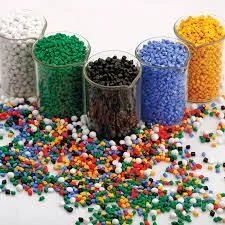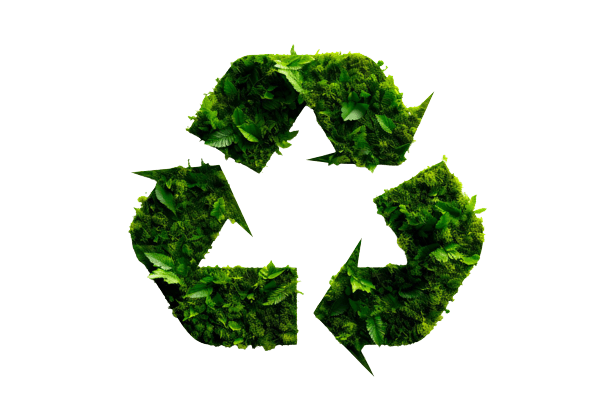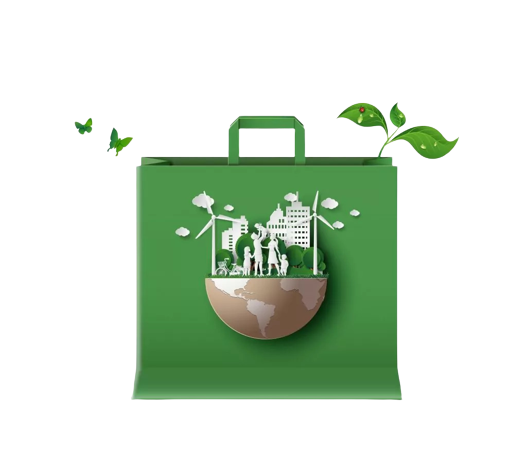RECYCLED HDPE GRANULES MANUFACTURERS
High-Density Polyethylene (HDPE) is a type of plastic commonly used in various applications due to its strength, durability, and resistance to chemicals. Recycling HDPE is an important practice to reduce waste and conserve resources.High-Density Polyethylene (HDPE) is a type of plastic commonly used in various applications due to its strength, durability, and resistance to chemicals. Recycling HDPE is an important practice to reduce waste and conserve resources.
It's worth noting that the recycling process may vary depending on the specific recycling facility and the intended application of the recycled HDPE. However, the general principles of collection, sorting, cleaning, melting, and repurposing remain consistent.

RECYCLED HDPE GRANULES MANUFACTURERS
- Collection: HDPE plastic can be collected through various channels, such as curbside recycling programs, drop-off centers, or specialized collection points. It is essential to separate HDPE from other types of plastic to ensure proper recycling.
- Sorting and cleaning: Once collected, HDPE is sorted based on its resin identification code (RIC) to differentiate it from other plastic types. It then undergoes a cleaning process to remove contaminants like labels, adhesives, and other impurities.
- Shredding and melting: After cleaning, the HDPE is shredded into small pieces, often referred to as flakes or granules. These flakes are then melted down at high temperatures to form a molten HDPE material.
- Extrusion or molding: The molten HDPE can be processed through different methods, depending on the desired product. One common method is extrusion, where the molten HDPE is forced through a die to create continuous shapes like pipes, tubes, or profiles. Alternatively, the molten HDPE can be molded into various forms, such as bottles, containers, or other plastic products.
- Repurposing: Recycled HDPE products can serve a wide range of purposes. For example, recycled HDPE can be used to make new bottles and containers, plastic lumber for outdoor furniture or decking, drainage pipes, plastic crates, playground equipment, and more. The versatility of HDPE allows it to be recycled into numerous applications.
- Environmental benefits: Recycling HDPE offers several environmental benefits. It helps reduce the consumption of virgin plastic materials, conserves energy and natural resources required for manufacturing, and minimizes landfill waste. Recycling HDPE also reduces the environmental impact associated with the extraction and production of raw materials.
Why Choose BioGreen?

Eco -Friendly Materials
Our products are made from corn starch, vegetable waste, sugarcane bagasse, aiding a healthier planet.

100% Compostable
Biogeen's products naturally decompose without harmful residues, enriching soil through home or industrial composting.

Sustainability at the Core
Our products promotes sustainability & a greener, eco-conscious lifestyle, reducing environmental impact.

Certification Standards
Our Products are certified standards, guaranteeing their compliance with precise compostability requirements.
Get in Touch


